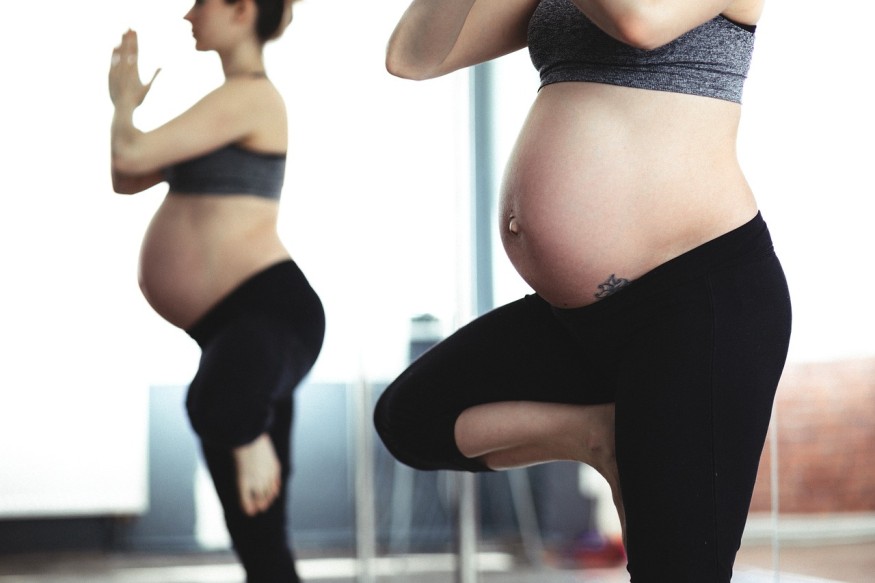Expectant mothers should maintain a regular exercise habit throughout their pregnancy to stay healthy and reduce the risk of excess weight. A new study from researchers at the University of Oslo detailed how regular exercise could help newborns develop stronger lungs and prevent asthma.
According to Daily Mail, the study highlights the importance of exercise not only to the mother but also to the lung function of their babies. Newborns of mothers who did little exercise were twice as likely to suffer from poor lung function.

Newborns From Inactive Mothers Had Weakest Lung Function
The study, presented at the virtual European Respiratory Society International Congress, showed that the lung functions of newborn infants were measured by assessing their breathing while they are awake and calm.
Researchers held a face mask over the newborns' noses and mouths while recording the flow and volume of the air exhaled and inhaled.
Daily Mail reported that researchers estimated that about 8.6% of the newborns of inactive mothers had the lowest lung function among the group. Meanwhile, around 4.2% of infants were from mothers who regularly exercise throughout their pregnancy.
Previous studies have shown that an infant with poor lung function has a higher risk of developing asthma, other obstructive respiratory diseases, and lower lung function at old age, says lead author Dr. Hrefna Katrin Gudmundsdottir.
She added that their findings show that exercise is a simple, low-cost way to improve infants' respiratory health because being physically fit throughout the pregnancy lowers the risk of impaired infant lung function.
Professor Jonathan Grigg from the Queen Mary University of London also added that although there is much information on the importance of staying fit while pregnant, there are less data on its impact on the babies. Therefore, it is fascinating to discover its link to better lung function for newborns.
Tips for Exercising While Pregnant
The National Health Service (NHS) urges expectant mothers to exercise regularly as long as they feel comfortable. They published some exercise tips for pregnancy on their website, reminding pregnant women not to exhaust themselves and consult their doctor when in doubt.
The first on their list of tips is always warm up before exercising and cool down after the activity. Furthermore, pregnant women should stay active everyday by working at least 30 minutes each day but avoiding strenuous activities, especially in hot weather.
Pregnant women should not forget to drink plenty of water and other fluids to avoid dehydration. Swimming is also one of the most recommended physical activities for pregnant women as it supports the increasing weight of the body. Activities that risk falling, such as horse riding, skiing, ice hockey, gymnastics, and cycling, should only be done with caution.
Lastly, women should always ensure that teachers at exercise classes for pregnant women are properly qualified, know one's condition, and know the status and phase of one's pregnancy.
Benefits of Regular Exercise During Pregnancy
The findings of the new study emphasize the importance of exercise while pregnant. According to an article in the website Nemours KidsHealth, some of the benefits of exercising during pregnancy include the following:
- Boosts the energy level.
- Relieves backaches and improves posture.
- Prevents wear and tear of joints.
- Helps pregnant women sleep better.
- Gives a healthy glow to the skin.
- Prepares the body for birth to ease labor and delivery.
- Helps mothers regain pre-pregnancy body more quickly.
RELATED ARTICLE: Maternal BMI and Pregnancy: Obesity During Pregnancy Causes High Risk of Fatty Liver Disease and Mental Disorder to Children
Check out more news and information on Pregnancy in Science Times.
© 2026 ScienceTimes.com All rights reserved. Do not reproduce without permission. The window to the world of Science Times.











